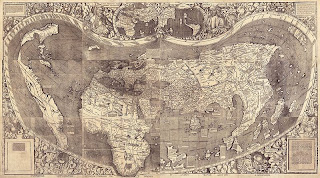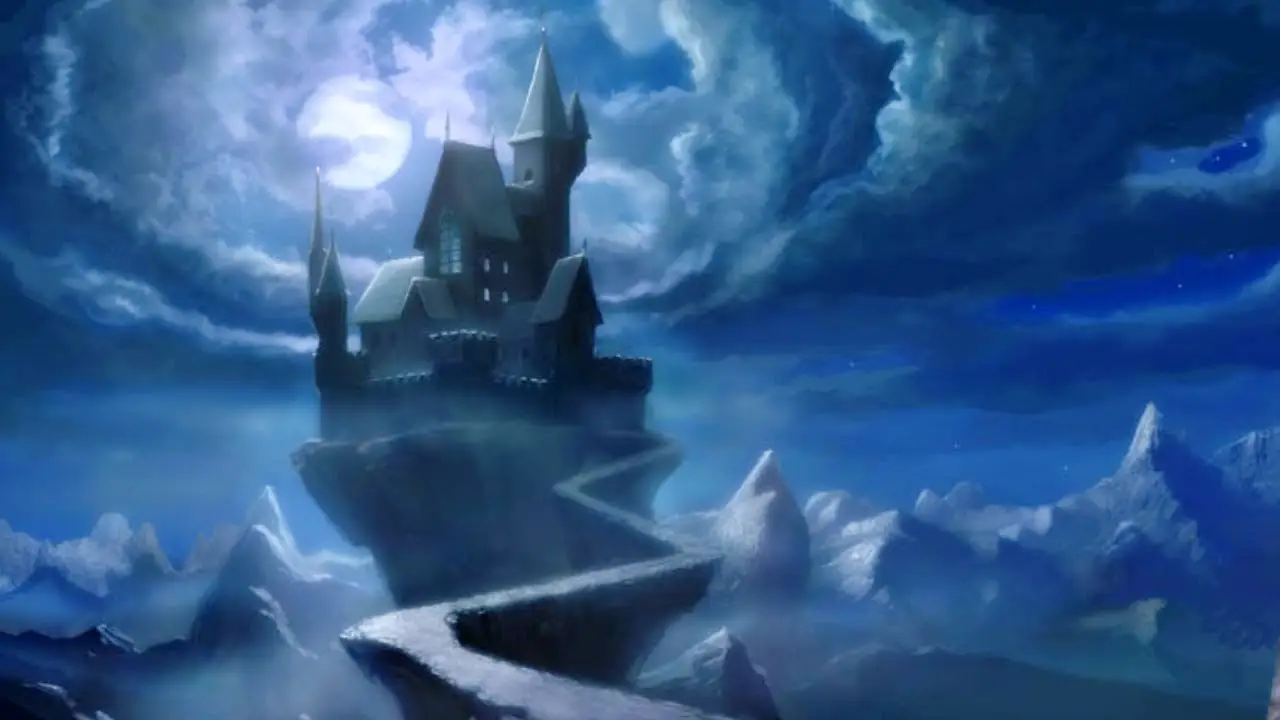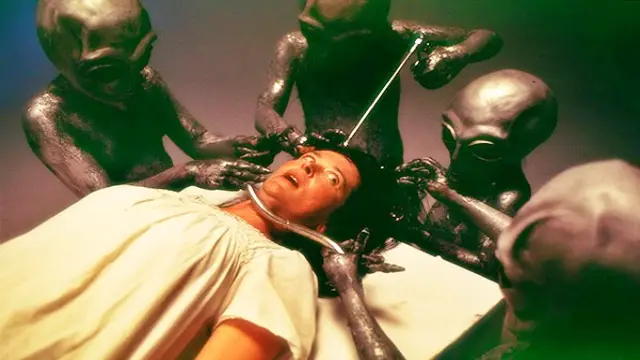n
Happy Birthday, Amerigo Vespucci
n
Were the Americas named after a thief?
n
Well, that’s what Ralph Waldo Emerson once wrote. See if you agree…
n
n
n
Born on this day in 1454, Amerigo Vespucci was an Italian navigator and mapmaker who made friends with Christopher Columbus near the end of the latter’s life. Vespucci traveled westward on voyages of exploration with Spanish and Portuguese expeditions between 1499 and 1502. (Remember, Columbus was also an Italian navigator who sailed for Spain.)
n
A Portuguese man named Pedro Alvares Cabral was said to have discovered what we now call Brazil, and the king of Portugal wanted to know if it was an island or if it was connected to the lands that had been earlier discovered by Columbus and Spanish explorers. The king asked Vespucci to go along on the mission as an observer.
n
Vespucci apparently didn’t command any of the voyages he was on (scholars disagree on the number), but he did help explore what we now call South America and confirmed that it was continental in size. Vespucci wrote some letters—scholars disagree on the number of letters, since some may be forgeries—and it was these writings that brought the west-lying lands to the attention of many Europeans as a New World, not as the “Indies” or part of Asia.
n
In 1507 Martin Waldseemuller, a German map maker, produced a world map (seen here in full and close-up) on which this New World was named America after, he wrote, “its discoverer, a man of great ability.” But since the New World was really discovered by Cabral or Columbus or Leif Ericson or the Asian people who first migrated to the lands, and whose descendents became the “Native Americans”…
n
Well, some people got very angry that Vespucci was trying to upset the glory of Columbus—even though it was Waldseemuller who had done the naming. (Columbus himself never thought that—he wrote to his son saying that Vespucci was a man of good will who had always tried to please him. But Waldseemuller’s map with the name America was published the year after Columbus died.) Some people claimed that Vespucci was a better self-promoter than navigator, cartographer (map maker) or explorer—and that his letters exaggerated the number of voyages he made, exaggerated his role on the voyages, and even flat-out lied about what he had seen. (But, as I said, scholars have found evidence that some of these letters were forgeries, not written by Vespucci.)
n
In the mid-1500s Batholomew de Las Casas wrote that Vespucci was a liar and a thief who stole what should have been Columbus’s glory, saying, ”The new continent should have been called Columba and not, as it is unjustly called, America.” Centuries later, in the 1800s, Ralph Waldo Emerson wrote, “Strange that broad America must wear the name of a thief. Amerigo Vespucci, the pickle dealer at Seville, who…managed in this lying world to supplant Columbus and baptize half the earth with his own dishonest name.”
n
Many sources from Vespucci’s lifetime and from modern scholars restores Vespucci’s reputation and good name, at least for some people—there are those who dispute each claim. No matter what, it seems clear that the naming of the continents after Vespucci was largely a historical accident. A German map maker wished to honor an Italian man who worked for Portugal and Spain—and somehow the name caught on.
n























